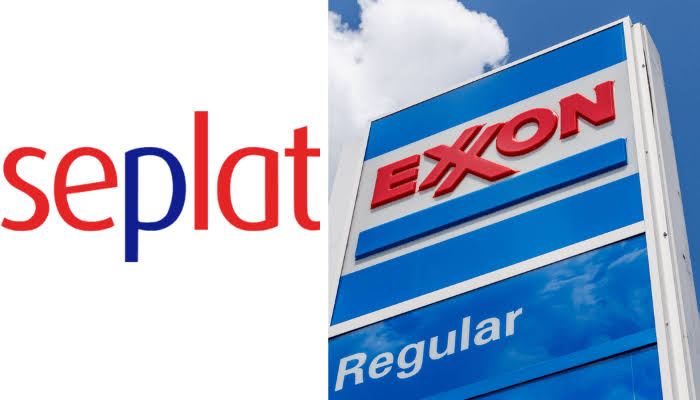
The federal government has approved the divestment of ExxonMobil’s Mobil Producing Nigeria Unlimited (MPNU) to Seplat Energy, while rejecting Shell’s proposed sale of assets to Renaissance Africa Energy.
These decisions were revealed during the recent launch of the Nigerian Upstream Petroleum Regulatory Commission’s (NUPRC) ‘Project 1 million barrels of oil per day (MMBPD)’ initiative.
Mr. Gbenga Komolafe, the Chief Executive Officer (CEO) of NUPRC, disclosed that the regulatory body had received five applications from major international oil companies (IOCs) for divestment approvals. Out of these, four have been granted ministerial consent.
“The four transactions are in respect of Equinor–Project Odinmim, Eni’s Nigerian Agip Oil Company (NAOC) divestment to Oando Plc, TotalEnergies’ sale of a 10 percent stake to Telema Energies, and ExxonMobil’s divestment to Seplat Energy,” Mr. Komolafe explained.
He further stated that these transactions were processed according to the guidelines established by the Petroleum Industry Act (PIA), which now provides a robust regulatory framework for such activities.
However, Shell’s proposed $2.4 billion divestment of its onshore assets to Renaissance Africa Energy did not meet regulatory approval. The Renaissance consortium, comprising five companies, had announced the deal in January 2024, but the NUPRC has now confirmed that the transaction failed to align with the regulatory provisions laid out by the commission.
In contrast, ExxonMobil’s $1.28 billion divestment to Seplat Energy, which has been under review for over two years, finally received the much-anticipated ministerial consent. The deal is expected to bolster Seplat’s position in Nigeria’s energy market.
Mr. Komolafe emphasised that these approvals mark a historic moment for the commission, as it continues to execute Nigeria’s energy sector reforms while ensuring compliance with the PIA.
He also highlighted: “For the first time, we have established a rigorous regulatory framework that will drive transparency and accountability in the divestment process of IOCs in Nigeria.”
The endorsement of ExxonMobil’s divestment and the rejection of Shell’s deal signal the government’s strategic approach to reshaping the nation’s oil and gas landscape, prioritising deals that align with Nigeria’s regulatory standards and long-term energy goals.
Discover more from Astudity Limited
Subscribe to get the latest posts sent to your email.